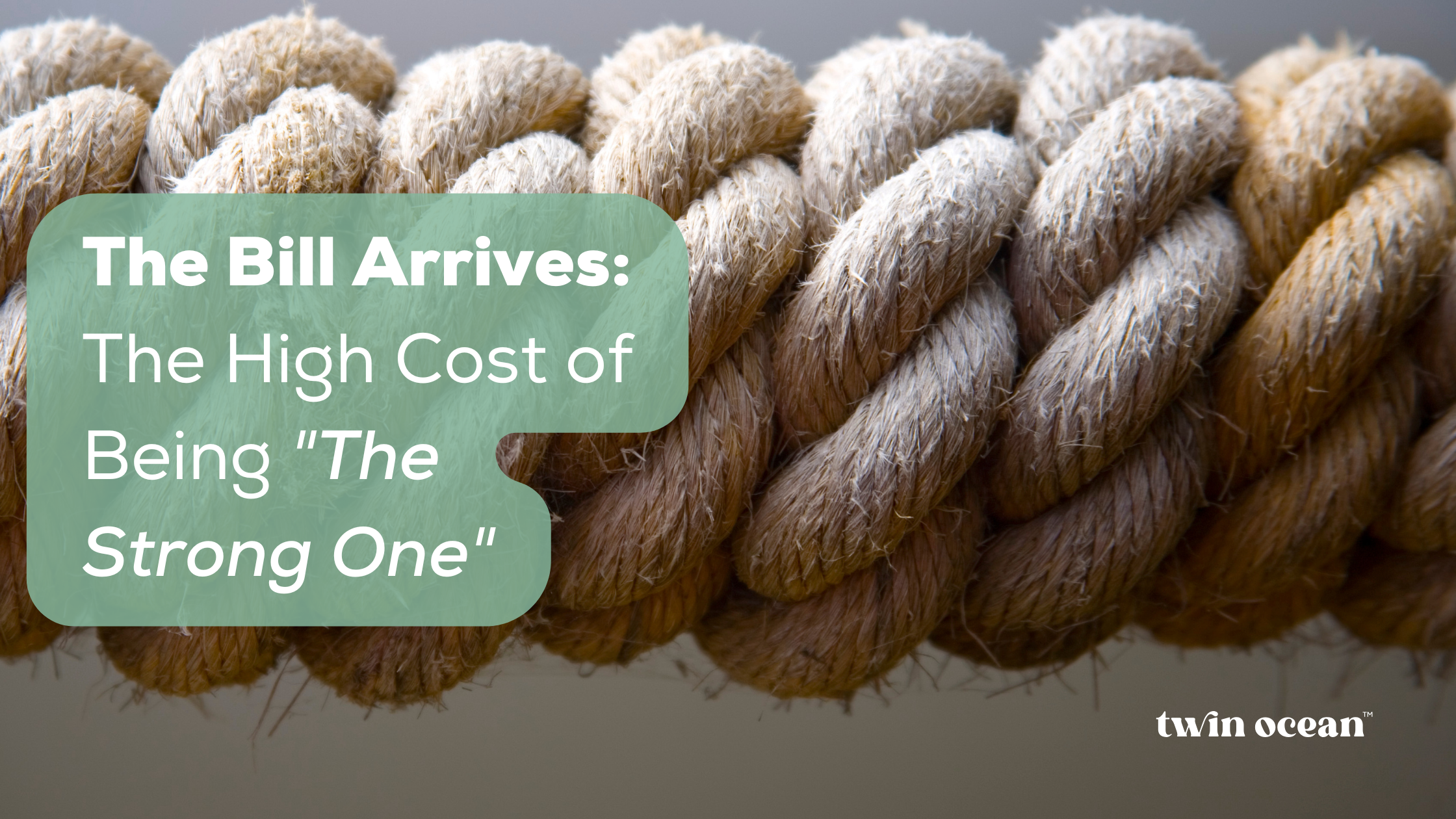Every February, communities across North America unite to celebrate Black History Month, a period dedicated to acknowledging the profound contributions, enduring struggles, and remarkable triumphs of Black individuals throughout history. This month is a wonderful opportunity to appreciate the rich cultural heritage and the ongoing journey towards equality and justice. In this article, we’ll get into the origins of Black History Month in Canada, its importance, and how we can celebrate this meaningful time in ways that resonate with us.
Where and when did Black History Month start?
Black History Month originated in the USA as a week-long celebration in 1926, initiated by historian Carter G. Woodson. He selected the second week of February to align with the birthdays of two pivotal figures: Abraham Lincoln and Frederick Douglass. Woodson aimed to illuminate the often-overlooked contributions of Black Americans to U.S. history and culture.
In 1995, Canada celebrated its first Black History Month thanks to the efforts of the Honourable Jean Augustine, the first Black Canadian woman elected to Parliament. She introduced a motion to recognize February as Black History Month, which was unanimously passed by the House of Commons.
Since then, February has been a time for Canadians to reflect on the legacy of Black Canadians and to celebrate their achievements. The month-long celebration has grown to include multiple events and activities across Canada, promoting awareness and understanding.
Why February for Black History Month?
The selection of February is significant not only because of Abraham Lincoln and Frederick Douglass. Additionally, February is a month that often symbolizes the cold and darkness of winter, representing the struggles that Black individuals have faced throughout history. Research from the Journal of African American History suggests that this symbolism serves as a reminder that even in the harshest times, there is hope and resilience.
Key Figures in Black Canadian History
Jean Augustine: A trailblazer in Canadian politics, Augustine’s efforts led to the official recognition of Black History Month in Canada.
Viola Desmond: A businesswoman and civil rights activist, Desmond is best known for her courageous stand against racial segregation in Nova Scotia.
Lincoln Alexander: The first Black Canadian to become a Member of Parliament, Alexander was a champion for equality and justice.
Rosemary Brown: As the first Black woman elected to a Canadian provincial legislature, Brown was a passionate advocate for social justice and women’s rights.
When we say Black History Month is important, you best believe it.
This month is more than just a time to look back; it is an opportunity to educate ourselves and others about the ongoing struggles for racial equality. It encourages us to recognize the systemic racism that persists and to take steps toward creating a more equitable society. Celebrating Black History Month also allows us to honour the achievements of Black individuals in various fields, including art, science, politics, and sports. By acknowledging these contributions, we can inspire future generations to continue the fight for justice and equality.
Education and Awareness
One of the primary goals of this movement is to promote education and awareness. Schools, organizations, and communities often host events, workshops, and discussions to highlight the importance of Black history. This educational aspect is crucial in combating stereotypes and fostering understanding among different cultures.
Many libraries and museums curate special exhibits and programs during February, providing resources for individuals to learn more about Black history and culture. Engaging with these resources can deepen our understanding and appreciation of the struggles and achievements of Black individuals.
Community Engagement
Black History Month also emphasizes the importance of community engagement. Many organizations encourage individuals to participate in local events, volunteer opportunities, and discussions that promote racial equity. By getting involved, we can contribute to the ongoing efforts to create a more inclusive society.
It goes beyond being invited to the cookout.
Celebrating can take many forms, and it’s essential to find ways that resonate with you. Here are some ideas to get you started:
1. Educate Yourself
Take the time to read books, watch documentaries, or listen to podcasts focused on Black history and culture. Some recommended titles include:
-
-
The Hanging of Angelique by Afua Cooper
-
-
Policing Black Lives by Robyn Maynard
-
-
They Call Me George by Cecil Foster
2. Support Black-Owned Businesses
Whether dining at a local restaurant, shopping at a boutique, or using services from a Black-owned company, your support can make a difference in the community.
3. Attend Local Events During Black History Month
Many cities host parades, cultural festivals, art exhibits, and discussions celebrating Black history and culture.
4. Reflect and Share
Meditate on what you’ve learned and how you can contribute to the ongoing fight for racial equality. Share your thoughts and insights on social media or in conversations with friends and family.
Keep walking the walk!
While this Month is an essential time for reflection and celebration, it’s crucial to continue the conversation and advocacy throughout the year. Racial equality is not just a February issue; it’s a year-round commitment. Consider incorporating discussions about race and history into your everyday life. Whether it’s through book clubs, community forums, or simply engaging with friends, keeping the conversation alive is vital for promoting understanding and change.
Advocacy and Action
Advocacy for racial justice should extend beyond awareness. Get involved with organizations that work toward racial equality and justice. Whether it’s volunteering your time, donating, or participating in campaigns, every action counts. Additionally, consider educating others about the importance of Black history and the ongoing fight for equality. Sharing resources, hosting events, or even starting a blog can help spread awareness and inspire others to take action.
Embracing Diversity
Finally, embracing diversity in all aspects of life is crucial. Whether it’s in the workplace, schools, or communities, fostering an inclusive environment promotes understanding and respect for all cultures. Celebrate the differences that make us unique and work towards creating a society where everyone feels valued and heard.
In all…
Black History Month is a time to honour the past, reflect on the present, and inspire change for the future. By educating ourselves, supporting Black-owned businesses, and engaging in meaningful conversations, we can contribute to the ongoing fight for equality and justice. Let’s embrace this month as an opportunity to learn, grow, and celebrate the rich tapestry of Black history and culture. Together, we can create a more inclusive and equitable society for all.



